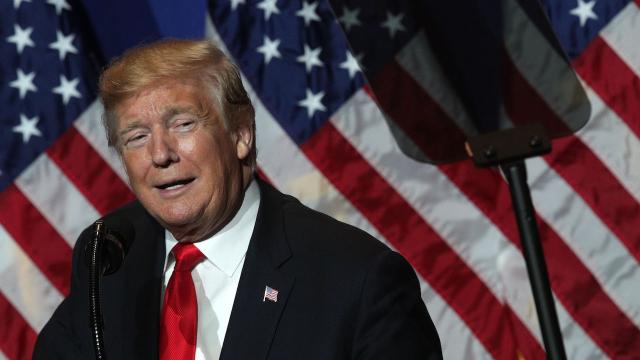Several major tech hardware companies will no longer supply Chinese tech giant Huawei with the parts it needs to manufacture smartphones and other electronics, according to a new report from Bloomberg.
The list of companies that will no longer supply Huawei with semiconductors and chips reportedly includes Intel, Broadcom, Qualcomm, Xilinx, and Infineon so far.
Google over the weekend cut off the Chinese company’s access to Google’s internal Android development tools for Huawei’s smartphones, according to multiple reports.
Existing Huawei users will still get security updates and have access to Google Play, but newly produced smartphones will likely lose access to applications like Gmail in the near future.
As Bloomberg notes, Huawei likely has a 3-month stockpile of hardware to make it through the immediate future. But it’s not clear what kind of impact there will be on Huawei beyond the next three months.
The move comes after the Trump regime blacklisted Huawei last week over concerns that the company has close ties to the Chinese government. A new report from the Financial Times this morning reveals that top U.S. intelligence officials, including Dan Coats, the director of national intelligence, have recently briefed American tech executives on the supposed “dangers of doing business in China.”
The meetings reportedly started in October and have been led by a bipartisan delegation of Republican and Democratic lawmakers.
“We have to increase awareness among U.S. companies, investors, and universities about the tactics China is now using to undermine US competitiveness, security, and influence,” Democratic senator Mark Warner, one of the people involved in the briefings, told the Financial Times.
Last week, the U.S. Commerce Department added Huawei to the so-called Entity List which prohibits tech companies with relationships to the U.S. from supplying Huawei. President Trump signed an executive order on May 15 that called out “foreign adversaries” who are “increasingly creating and exploiting vulnerabilities” in the U.S.
While the executive order never mentions Huawei by name, it’s widely believed that the order was signed to target Huawei specifically, though it will likely impact all Chinese tech companies.
“To deal with this threat, additional steps are required to protect the security, integrity, and reliability of information and communications technology and services provided and used in the United States,” the executive order says.
Huawei, the second largest smartphone manufacturer in the world after Samsung, has been central to the tech-centric battle being waged between China and western countries that are concerned about the prospect of the Chinese government spying on Americans.
Previous restrictions on Huawei in the U.S. have barred government agencies from using Huawei equipment. But last week’s actions will directly affect American consumers who may want to purchase Chinese-produced hardware and software.
The decision by major tech firms to sever some ties with Huawei is already causing headaches for Asian markets and there is some concern by experts that the decision will have a negative impact on American tech companies.
“While the intent is to punish Huawei, ultimately U.S. companies are also being penalised,” Douglas Jacobson, an American trade expert, told Reuters last week.
Huawei did not respond to requests for comment. We’ll update this post if we hear back.
